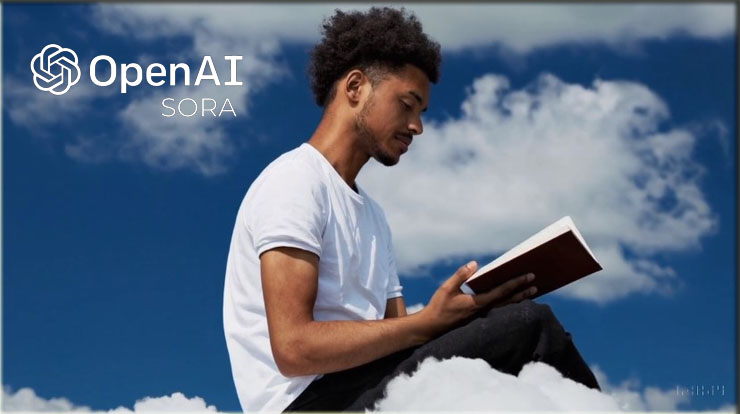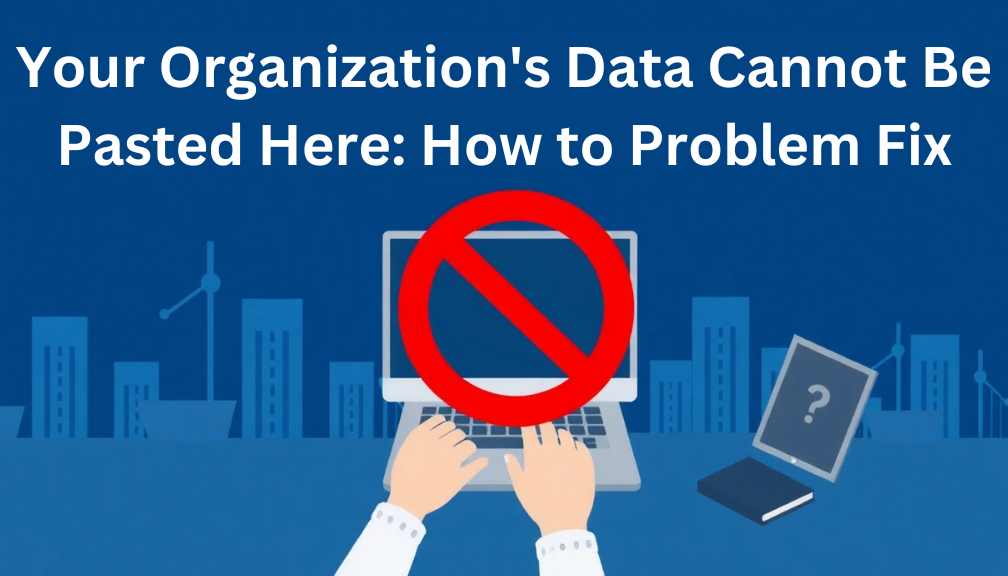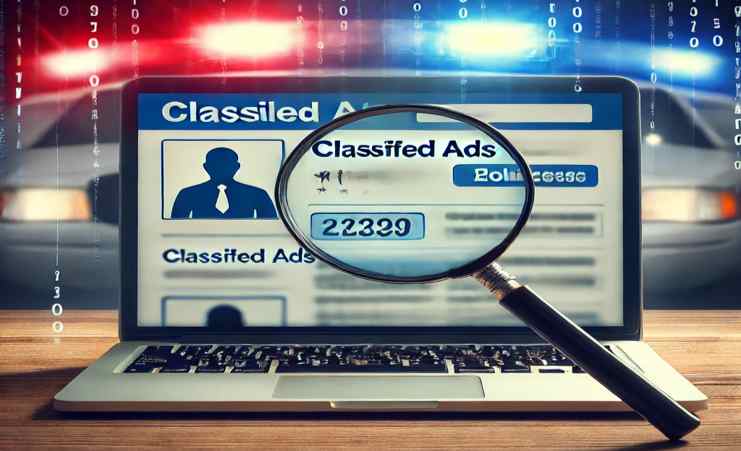Consumers within the U.S. Warfare to differentiate videos recorded by using people from those generated by OpenAI’s textual content-to-video tool Sora, in line with new HarrisX information furnished solely to Variety Intelligence Platform (VIP+).
In a survey performed weeks after the arguable software program was unveiled, a maximum of U.S. Adults incorrectly guessed whether AI or a person had created five out of eight films they were shown.
Half of the videos had been the Sora demonstration movies that have long gone viral online, elevating issues from Hollywood to Capitol Hill for their production first-class, which includes a drone view of waves crashing towards the rugged cliffs along Big Sur’s Garay Point Beach and historical photos of California for the duration of the Gold Rush.
Perhaps unsurprisingly, the HarrisX survey also revealed that most respondents believed the U.S. Authorities need to enact regulations requiring that AI-generated content material be labelled as such. They were similarly emphatic about the need for law throughout all content codecs, which includes videos, pics, text, tunes, captions and sounds. The complete results of the HarrisX survey can be determined on VIP+.
In the survey, which turned into performed online March 1-4 among more than 1,000 adults, respondents have proven four first-rate photorealistic-looking pattern video outputs generated via Sora randomly interspersed with four films from stock photos taken within the actual global using a digicam. In the case of the Big Sur video, 60% of respondents incorrectly guessed that a human had generated that video.
While Sora has yet to be launched to the public, the OpenAI software program has been the problem of plenty of alarm — particularly in the amusement industry, in which the rapid evolution of the video diffusion era incorporates profound implications for the disruption of Hollywood’s centre manufacturing skills (although Sora will possibly be pretty constrained at release).
Moreover, AI video has raised broader questions about its deepfake potential, specifically in an election year.
Respondents were asked how they felt when provided with the AI-generated videos and knowledge they were created through Sora; reoresponsesre a combination of excellent and negative, starting from curious (28%), unsure (27%) and open-minded (25%) to hectic (18%), inspired (18%) and frightened (2%).
“When you try to change the sector quick, the sector movements quick to rein you in alongside predictable lines,” stated Dritan Nesho, CEO and head of studies at HarrisX. “That’s precisely what we are seeing with generative AI: as its sophistication grows through new equipment like Sora, so do issues about its impact and calls for the right labeling and law of the generation. The nascent enterprise ought to do extra both to create guardrails and to nicely speak with the broader public.”
VIP+ subscribers can dig deeper to examine more approximately …
- Total survey outcomes, including demographic breakdown throughout four adult age groups
- Consumer perceptions of AI/Sora influences on industries such as entertainment, gaming and social media
- 12 regulatory paths concerning AI the authorities can be thinking about


